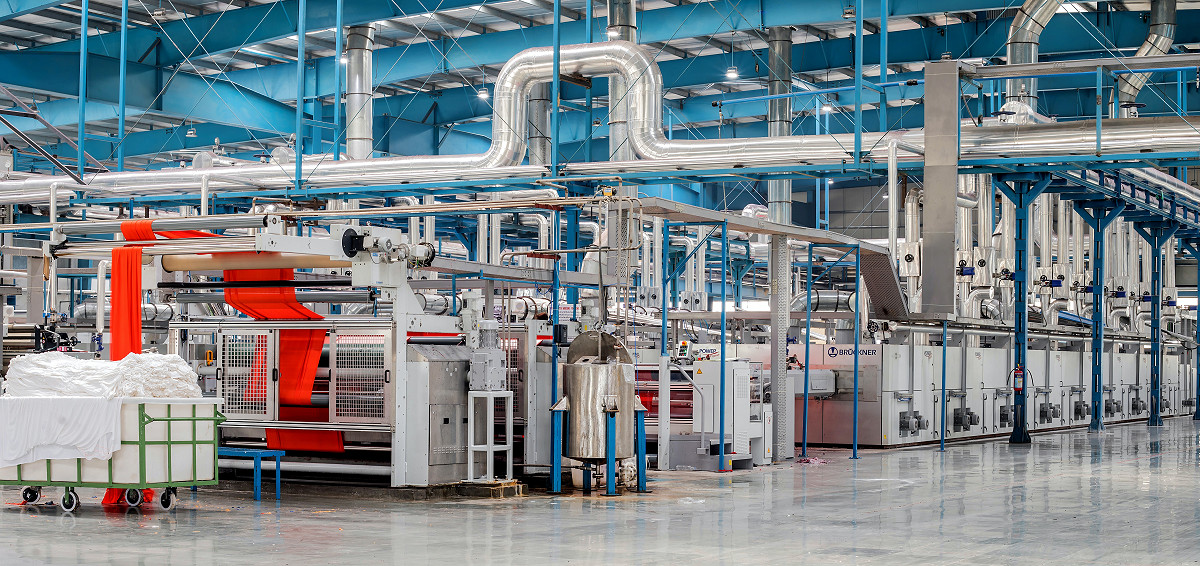
The Prime Minister has confirmed that 2024 is going to be the general election year. The countdown to the general election is now on and everyone will be waiting to hear more detail on both main parties’ policies for government. While inflation is falling the economy has stagnated. Productivity is low and the United Kingdom remains one of the G20’s members with the lowest levels of investment. While we are slightly outperforming some of our European competitors there is no doubt that the British economy is in serious trouble and whoever wins the next General Election the urgent priority must be delivering strong and sustained growth.
British manufacturing has been in decline for decades accelerated by government deindustrialisation policies of the 1980s. As a result, the UK is now a service economy with important manufacturing components such as Aerospace, Electronics, Chemicals, and Automotives. In the 1950s about a third of people were employed in manufacturing and manufacturing was about 30% of the UK economy; today 17% are employed in manufacturing and it represents around 12% of the UK economy. Over that period the UKs share of world trade has fallen from 10% in 1950 to 1.5%. As manufacturing has declined the UKs share of world trade has declined. There are a whole range of reasons for this decline, but the key thing is that whoever wins the general election this year needs to start work to reverse this decline and increase manufacturing as a share of UK GDP to around 15%. We know that higher productivity gains are achieved in manufacturing as compared to services and those countries in the world that are experiencing much higher levels of growth have hugely expanded manufacturing sectors. The UK needs to catch up.
In the Autumn Statement the Chancellor announced that the 100% upfront tax deduction for UK capital expenditure on plant and machinery would be made permanent. This was rightly welcomed by Industry as there was uncertainty around its future. The move intended to incentivise investment and drive growth in the economy. The government has also provided £4.5billion for strategic manufacturing sectors and the funding will remain in place for five years. Labour has said its aim will be to make more in Britain and its Industrial Strategy is built on delivering clean power, harnessing data and building a resilient economy. The party has also said it will award more contracts to British companies and reverse the decline in manufacturing jobs in the UK. Labour has also committed itself to a Clean Steal Fund to help provide security to the UK Steel Industry. Both parties have begun to outline their plans for manufacturing, but if we are to drive growth we need more.
These measures are a good start but far more needs to be done. And the need to grow our manufacturing Industry is not a party-political one. It is an issue that crosses party boundaries and brings real growth. Our planning system needs to recognise the vital role manufacturing plays. The National Planning Policy Framework mentions industry once and doesn’t mention manufacturing at all. How are we to revive manufacturing with upgraded plants and factories, appropriate infrastructure to meet new sites and expansion when core planning policies do not give adequate attention to this vital area of our economy. Whoever wins the next general election must review how our planning system can better support the expansion of manufacturing and consideration should be given to introducing measures such as shorter determination periods for applications with a manufacturing association.
At present the UK is experiencing some of the highest levels of taxation since the end of the Second World War. Both parties have expressed their desire to reduce taxation. It is widely expected in the Spring that the Chancellor will hold a Budget and some taxes could be cut. But if we are to drive growth in the economy then the right sort of tax cuts needs to take place and tax incentives put in place to drive investment. Both parties should consider the additional burdens manufacturers face particularly on transport, environmental costs, labour, materials and therefore look at introducing a separate manufacturers’ corporation tax at a lower rate than the standard. Further incentives could also be considered such as reductions on rates for new manufacturing plants and deductions for the creation and maintenance of new manufacturing jobs over a specific period as has been done in some US states. There is also a huge skills issue in manufacturing. We need to consider looking at the German model of specific technical colleges for manufacturing.
Both parties talk about growth. They have outlined some proposals as to how they will achieve growth, but far more needs to be done. The UK is facing a series of huge social costs that will need to be met by the taxpayer in the coming years, namely the NHS, Social Care and Climate Change. If we do not grow our economy fast enough and generate the wealth we need then we risk further decline and ever falling living standards. Britain’s share of world trade will continue to fall to even lower levels than the tiny levels it currently stands at. Falling living standards could also cause further and more extreme political disruption than we have experienced in recent years. The pandemic and increasing global conflicts around the world have demonstrated the need for the UK to be more resilient and to make more of what we need here in the UK. It is therefore imperative that both main parties take very seriously the need to revive British manufacturing back up to 15% of GDP so we can achieve at least the world average of 3% growth per annum. The general election will take place this year, the need is now, let us hope both parties give this issue the attention it desperately requires.
